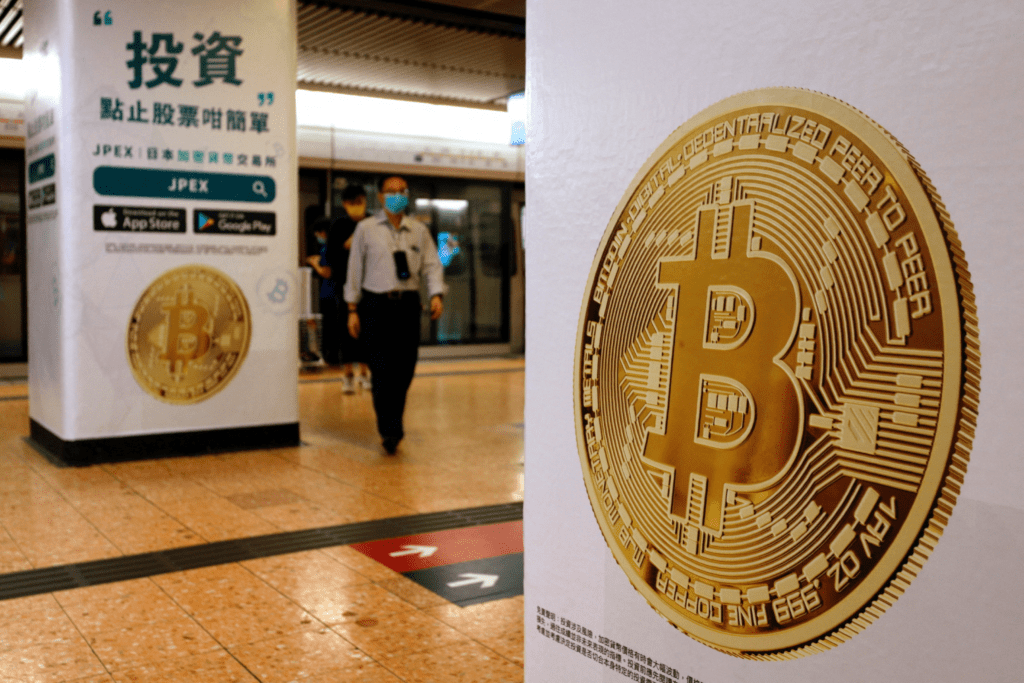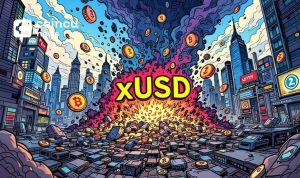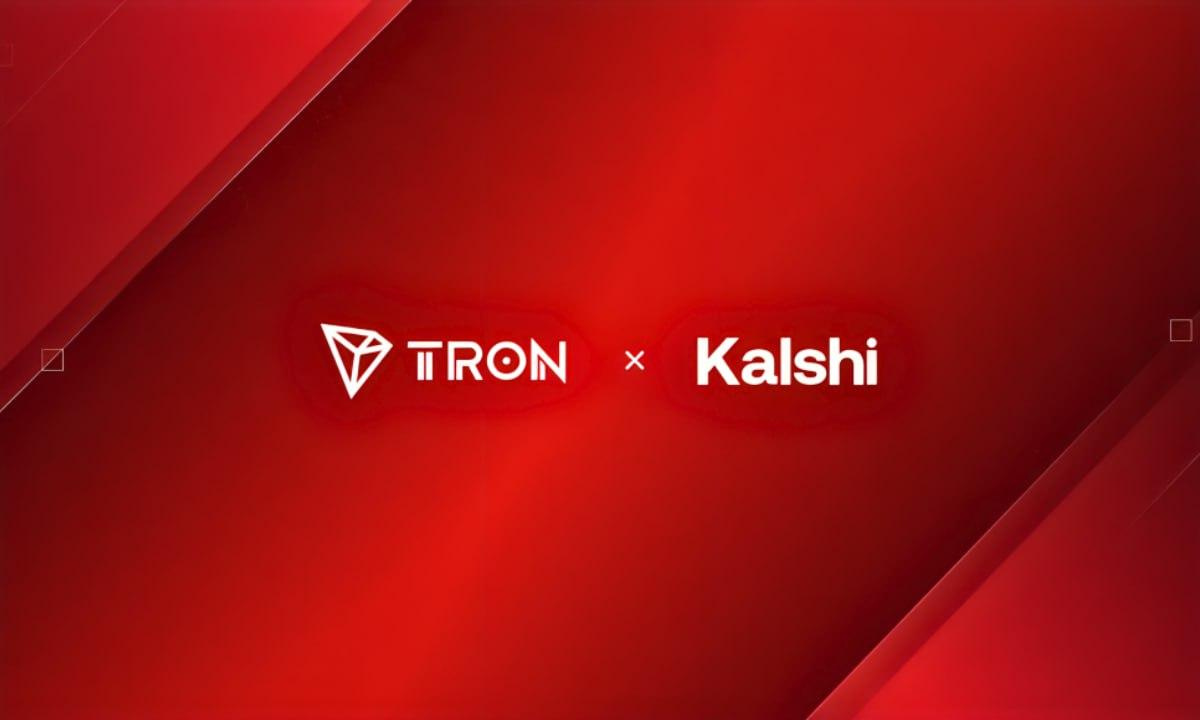Key Points:
- Industry insiders said that financial services companies in Hong Kong, China, are rushing to prepare the groundwork to allow retail customers to trade virtual assets in the next few months.
- Virtual assets with large market capitalization and liquidity. Brokers currently do not require additional specific licenses to offer clients trading services in Hong Kong-listed ETF futures based on Bitcoin and Ethereum.
- However, those planning to offer active trading in virtual assets, such as cryptocurrencies and their related futures products, will need to obtain additional approval from the SFC.
To the South China Morning Post, industry insiders said that financial services companies in Hong Kong, China, are rushing to prepare the groundwork to allow retail customers to trade virtual assets in the next few months.

Robert Lui, digital asset leader at Deloitte Hong Kong, stated:
“We have seen a lot of local brokers and fund managers seeking advice from us about the licensing requirements under the new regulatory regime.”
The Legislative Council last month passed the amendment to the Anti-Money Laundering and Counter-Terrorist Financing Act, imposing a new licensing regime on virtual-asset service providers from June this year under the purview of the Securities and Futures Commission (SFC).

Virtual assets have a lot of liquidity and market value. Trading services in Hong Kong-listed ETF futures based on Bitcoin and Ethereum are currently available to clients without the need for particular extra licenses from brokers. The SFC will still need to give its further permission before offering active trading in virtual assets like cryptocurrencies and related futures products, Lui added.
The SFC is anticipated to release a consultation paper on how to remove the present prohibition on professional investors or those with at least HK$8 million ($1.03 million) in bankable assets, allowing regular investors access to trading in virtual assets.

With the explosion in demand for virtual assets, the alteration has given Hong Kong’s ambition of improving its regional center position momentum.
“Brokers who want to trade virtual assets for retail investors need to have responsible officers with virtual-asset knowledge. They also need to show the SFC that they have internal controls, client money custody and insurance arrangements to safeguard client interests,” Lui added.
The first two brokerage companies in the city to receive SFC approval to trade virtual assets exclusively for professional clients are GEM-listed Victory Securities and Interactive Brokers.
After the collapse of FTX, Hong Kong is still open to the policy for investors and brokers to participate in virtual asset trading. However, the authorities still believe that the introduction of regulations will give them better protection.
DISCLAIMER: The Information on this website is provided as general market commentary and does not constitute investment advice. We encourage you to do your own research before investing.
Join us to keep track of news: https://linktr.ee/coincu
Website: coincu.com
Harold
Coincu News






















